Korean is the official language for both Koreas, and has been spoken by Koreans for centuries. A “language isolate”, linguists consider it to be unrelated to any other modern language today (although some Japanese and most Turks might claim otherwise!)
While Koreans are very friendly (and infinitely patient with) foreigners, if you come to Korea, you’ll find it difficult to get around relying only on English. Here are a few essential phrases and words that are useful to know when you’re in Korea. And if you need extra help, check out our handy interpretation app, where you can access Korean interpreters on-call throughout the Winter Olympics!
Basic greetings and phrases
Hello:
An-nyoung-ha-se-yo (안녕하세요)
This is the standard way to greet someone. Traditionally this phrase is said while bowing your head as a sign of respect to the other person. If you are speaking with a friend or someone you are close with, you can simply say “an-nyoung”.
Nice to meet you:
Bahn-gab-seub-ni-da (반갑습니다)
Traditionally said while bowing and/or shaking hands.
My name is:
Jeh-ee-reum-eun _____ib-ni-da (제 이름은 _____입니다)
If your name is Janet, for example, you would say, “Jeh ee-reum-eun Janet ib-ni-da”.
I don’t speak Korean:
Hanguk-mahl-moht-heh-yo (한국말 못 해요)
Do you speak English?
Young-uh-ha-seh-yo (영어 하세요?)
Thank you:
Go-mab-seub-ni-da (고맙습니다)
Another way to express your thanks is by saying, “gam-sa-hab-ni-da”.
You’re welcome:
Cheon-mahn-eh-yo (천만에요)
This isn’t as commonly used but if you want to be extra polite, you can say it.
I’m sorry:
Mi-an-hab-ni-da (미안합니다)
If you want to express deep remorse, you can say, “jweh-song-hab-ni-da”.
One moment please:
Jahm-shi-mahn-yo (잠시만요)
Can be said if you need a minute or if you want to ask for someone’s attention.
Excuse me:
Shil-leh-hab-ni-da (실례합니다)
A phrase you can say if you accidentally bump into someone or if you’re passing someone. But don’t be surprised if a Korean doesn’t say anything when they bump into you, in Korea these incidents are considered a normal hazard of daily life, and not deserving of any kind of apology.
Yes/No:
Neh/Ah-nee-yo (네/아니요)
Goodbye:
An-nyoung-hee-geh-seh-yo or an-nyoung-hee-gah-seh-yo (안녕히 계세요 or 안녕히 가세요)
Saying goodbye is different depending on if you are leaving or the other party is leaving. If someone is leaving they will say the first sentence while the person still remaining would say the second sentence. If both parties are parting and going their respective ways, you both would say the second sentence.
See you later:
Eeh-ddah bwah-yo (이따 봐요)
Where is _______?:
_________ Uh-dee-eh-yo? (______어디에요?)
If you’re asking for the bathroom, for example, you would simply insert the word for bathroom (hwa-jang-shil 화장실) and say, “Hwa jang shil uh dee eh yo?”
At a restaurant:
Please give me __________:
_________ joo-seh-yo (_________주세요)
Insert whatever you are asking for in front of the sentence. For example, “Bulgogi joo seh yo” would mean, “Please give me the bulgogi”. You could also ask for water by saying, “Mool (water) joo seh yo”.
Said before eating:
Jahl-muk-gyess-seub-ni-da (잘 먹겠습니다)
Literally meaning, “I will eat well”, this is said before eating and has similar connotations to “bon appetit!”
Said after eating:
Jahl-mug-uss-seub-ni-da (잘 먹었습니다)
Literally meaning, “I ate well”, this is a polite phrase to say after eating.
Shopping
How much is this?:
Uhl-mah-yeh-yo? (얼마예요?)
I’m fine:
Gwen-chan-ah-yo (괜찮아요)
You can also use this phrase to ask someone if they are okay.
Please say that one more time:
Han-bun duh mahl-heh joo-seh-yo (한번 더 말해 주세요)
I don’t understand:
Eeh-heh ahn-dweb-ni-da (이해 안됩니다)
Please speak slowly:
Cheon-cheon-hee mahl-hae joo-seh-yo (천천히 말해 주세요)
Please write it down
Jeog-uh joo-seh-yo (적어 주세요)
Do you have WiFi?:
WiFi iss-uh-yo (와아파이 있어요?)
Luckily most restaurants and popular attractions in Korea have free WiFi available.
Counting
1 Ha-na (하나)
2 Dool (둘)
3 Set (셋)
4 Net (넷)
5 Da-sut (다섯)
6 Yuh-sut (여섯)
7 Il-gop (일곱)
8 Yuh-dul (여덟)
9 Ah-hob (아홉)
10 Yul (열)
100 Baek (백)
1000 Cheon (천)
10,000 Mahn (만)
These numbers are used when counting or expressing things like age or sums of things.
However, things are counted different monetarily
1 Il (일)
2 Yi (이)
3 Sam (삼)
4 Sah (사)
5 Oh (오)
6 Yook (육)
7 Chil (칠)
8 Pal (팔)
9 Gu (구)
10 Shib (십)
Hundred, thousand, and ten thousand are said the same (baek, cheon, mahn).
If you wanted to say, “15,900” for example, you would say, “mahn(10,000) oh-cheon(5,000) gu-baek (900)”. The number “3,540” would be “sahm-cheon (3000) oh-baek (500) sah-shib (40)”.
.
.
Even if your pronunciation isn’t perfect, Koreans will love that you are trying. Just remember — practice makes perfect! And if you want more, download the PDF below to your phone and have it ready for your trip!
.
.
By Stewart Ho
Stewart Ho blogs at https://whatsstewin.blogspot.kr.
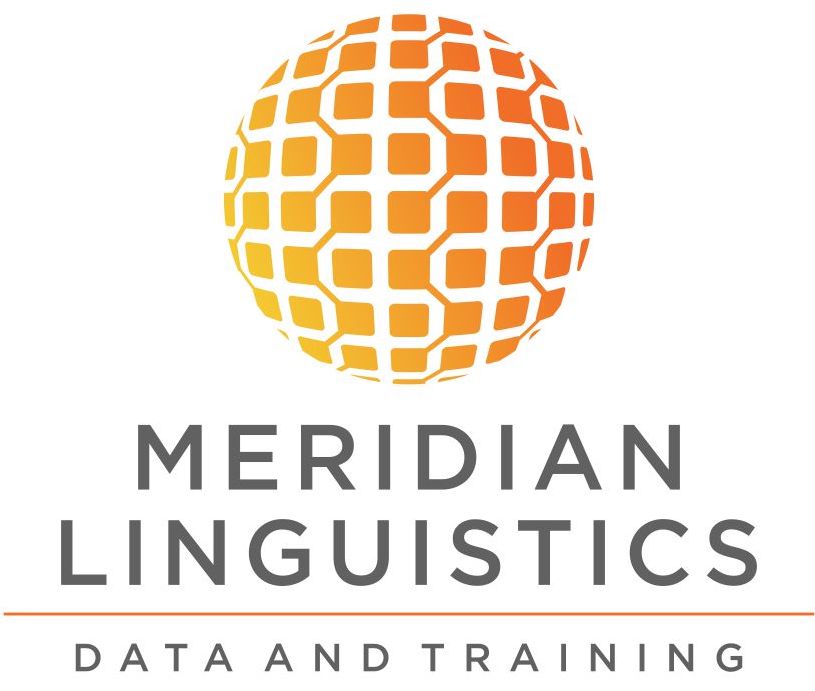
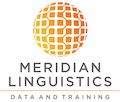
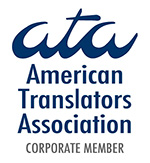
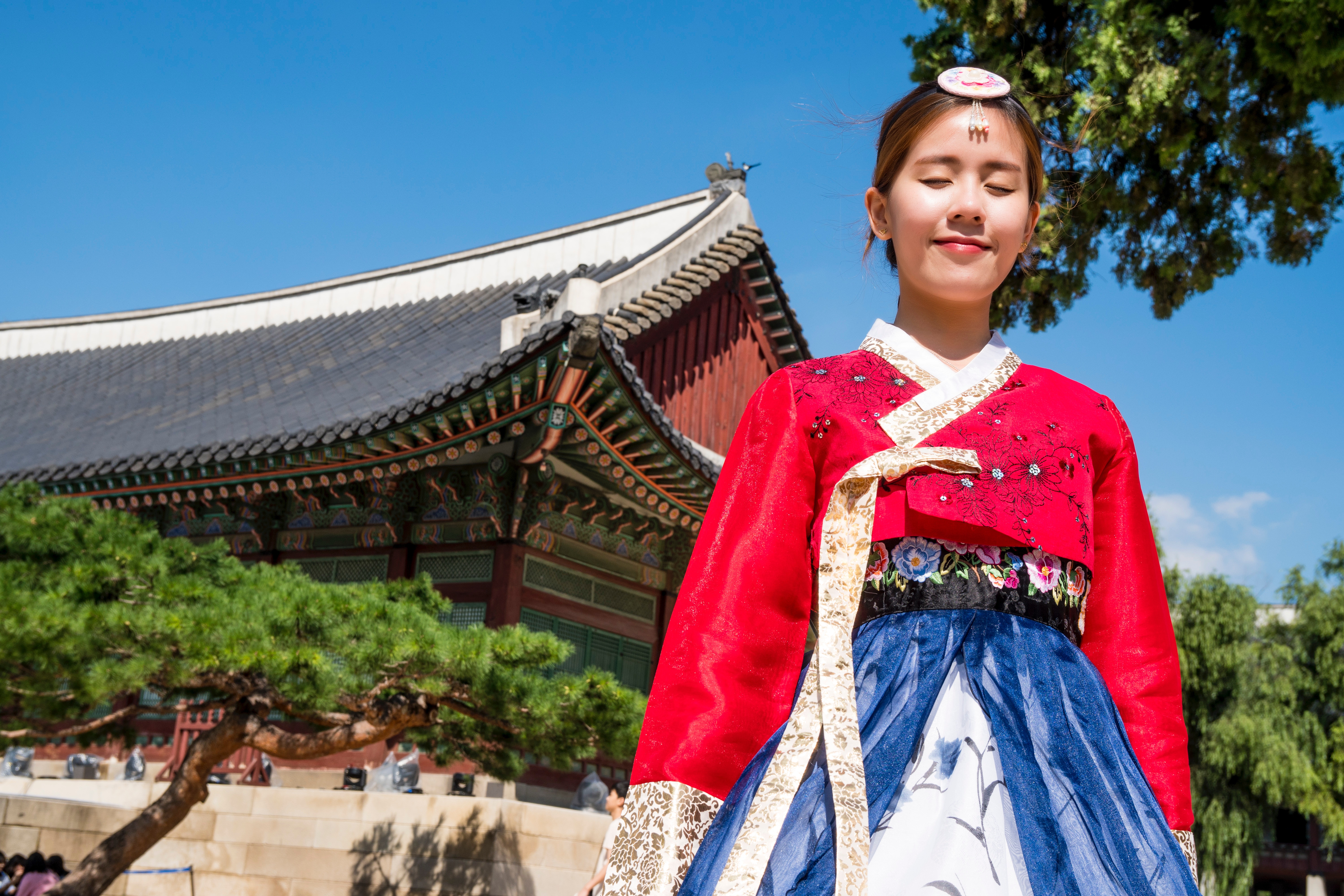
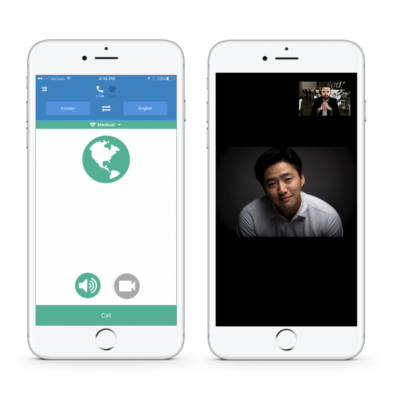
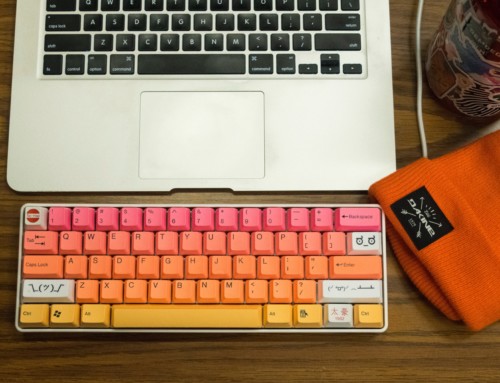
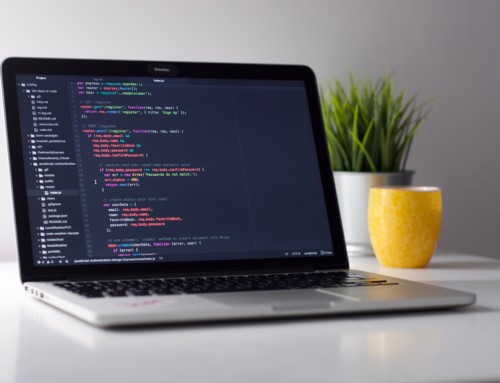
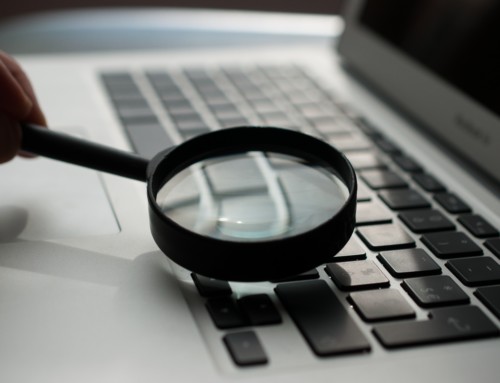
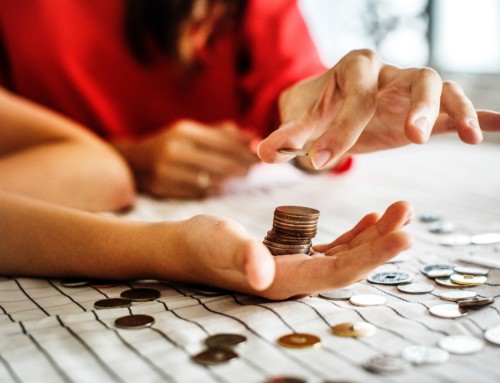
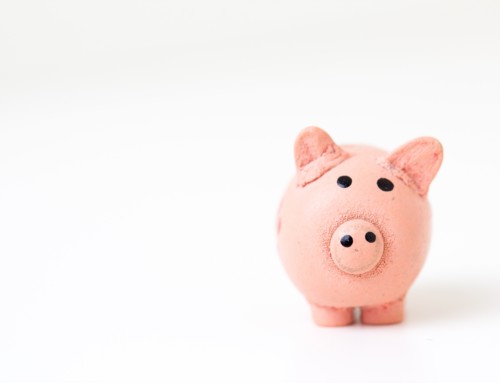



Leave A Comment